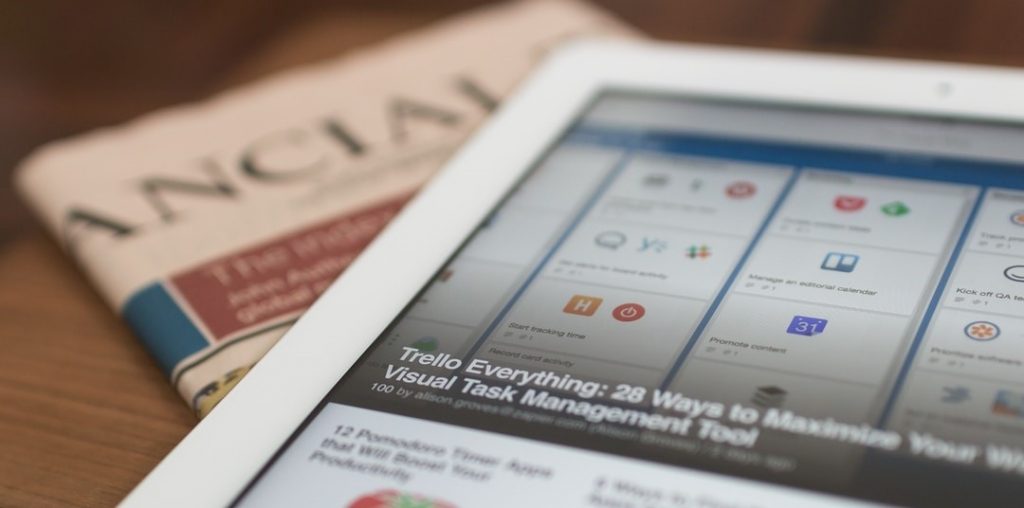A bank is a financial institution used for storing and obtaining money. Individuals use bank accounts to secure their money. Many companies use direct deposit to pay employees, which means their income is transferred electronically to their bank account on payday.
You can save money in a savings account. Savings accounts typically have higher interest rates, but it’s easier to access funds from a checking account because you can write cheques to pay for items or withdraw funds from your checking account with your debit card. Some savings accounts charge fees if you exceed the limited number of monthly withdrawals allowed. Whether you plan to take out a checking account, savings account, or both, you can use these tips to find the best online banking options available in Canada.
Turn to financial experts for guidance.
When looking for the best online banks in Canada, the best place to start is with financial experts. Financial experts spend years studying finance, economics, and other related subjects. Financial experts, such as personal financial advisors, need to be certified to perform tasks such as selling stocks or insurance.
A personal financial advisor evaluates your financial goals and identifies options for attaining those goals.
You can also get professional advice without hiring an advisor. Financial experts break down financial information in layman’s terms, ensuring you can understand the information. Googling “best online banking Canada” with “WealthRocket” will bring you to their breakdown of leading online banks in Canada.
Their assessments include traditional banks, such as Scotiabank, the Bank of Montreal (BOM), Toronto-Dominion (TD) Bank, the Canadian Imperial Bank of Commerce (CIBC), and the Royal Bank of Canada (RBC). WealthRocket also breaks down information about online banks, such as Tangerine and Equitable (EQ) Bank and Alterna, a credit union. Their guide looks at the pros and cons of each financial institution and identifies the services each bank or credit union provides. They also provide some basic information for some of the leading financial institutions, such as whether they offer sign-up bonuses, their monthly fees, and their minimum balance requirements.
Ask people you know for recommendations.

Talk to people you know about the bank they use and ask for their advice. Focus on colleagues, friends, and family members who use online banking services to ensure you’re getting a sound assessment of the online banking services provided. If you’re considering using a bank that doesn’t have brick and mortar locations, such as Tangerine Bank or EQ Bank, you must ask if account holders have ever had issues accessing their funds. Ask if the bank’s website is regularly accessible. You may have issues completing financial transactions if your online bank has a website that crashes regularly or needs to be frequently shut down for upgrades and maintenance.
Do your research.
Once you have a good overview of your banking options, it’s a good idea to search for additional information. Look for news articles about banks to identify any issues that could affect your decision. You can also turn to the Better Business Bureau (BBB) for insight. The BBB lists bank profiles, identifies whether the institution is BBB accredited, and displays consumer reviews you can use to evaluate your banking options.
Ask questions.
Go to the bank’s website and review their information. Make a list of questions and insist on talking to a customer service representative before opening a bank account. You should ensure you feel comfortable with your bank and satisfied with their customer service level. It’s also a good idea to ensure the bank’s accounts are protected by the Canadian Deposit Insurance Corporation (CDIC). The CDIC insures recognized bank accounts, which means you won’t lose your money if the bank fails. Without CDIC insurance, you could lose your entire savings if you opt to use a single account and your bank fails.
When looking for an online bank, you can choose between brick and mortar banks with online banking services, online banks, and credit unions with online banking options. Review information from financial information, ask people you know for recommendations, do some research, and ask questions to ensure you find the best online bank in Canada for your needs.

